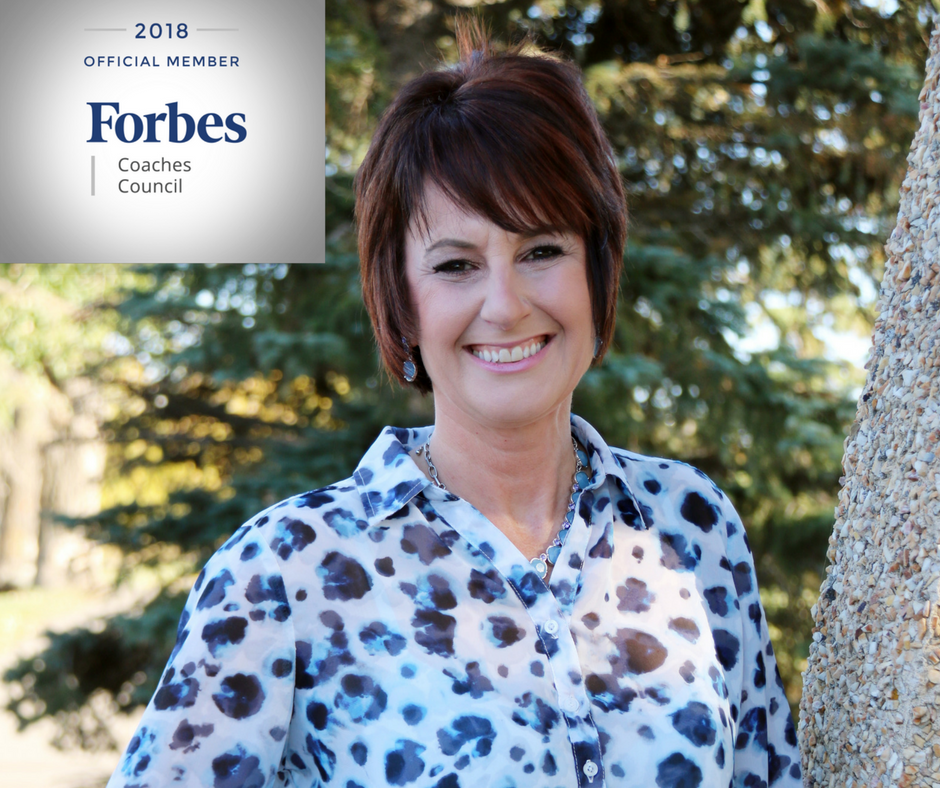Kathryn Graff is back with us for Tips Tuesday for Leaders! This week, she’s giving us an example of how to use Emotional Intelligence.
Would you like to listen to Kathryn speak? Great – the audio file is directly below! Or, if you’d rather read about this topic, keep on scrolling for the transcript.
Kathryn Graff Gives an Example of How to Use EI
How to Use Emotional Intelligence Transcript
Kathryn: So, I’d really like to give you a personal example of how I’ve worked on my Emotional Intelligence. What we know about Emotional Intelligence is that if we actually do assessments on Emotional Intelligence, we all have areas that are stronger and areas that are weaker. That’s certainly true for me too! As I’ve become more aware of Emotional Intelligence, I’ve been really making an intentional effort to try to improve the areas that I struggle with more.
So, what I’ve done, is I’ve tried to use an area that is stronger for me to help build up an area that is a little bit weaker. So, if we look at Emotional Intelligence, one of the areas that we often talk about is the area of stress management – how we handle stress. One of the sub areas in that is optimism, and the ability to be optimistic. I actually feel like that’s an area of strength for me. I’ve always been a “cup half full” person. I try to see the good side of things. I try to believe that things are going to work out and they generally do! So, I see optimism as something that I’m actually pretty strong in. But I also have recognized, interestingly, that actually managing my stress and my stress tolerance has been an area that’s been challenging for me at times.
So, what I’ve been intentional in doing is using my optimism to build my stress tolerance.
There’s a really wonderful YouTube video by a psychologist named Kelly McGonigal. She talks about a study on stress where it looks at – you know, we’ve all learned for a very long time that stress is bad for is, and it can create all kinds of physical health problems and mental health problems. She [Kelly] actually talks about a really interesting study that was done out of Harvard University, where that was shown to not necessarily be true – that stress is not necessarily bad for you! What it depends on is how you view stress. So, if you’re feeling stressed and you’re thinking, like, oh my goodness! I’m getting – I’ve gotta calm down! I’m going to get a heart attack! My heart’s pounding! This isn’t good for me! I can’t take this! I’m going to get a headache! I’m exhausted! All those kinds of messages are going through your head. Then, actually, the research would suggest that stress is not going to be very healthy for you. But if I can actually use my optimism – my belief that things are going to work out – and if I can actually talk to myself when I notice my heart rate is elevating or that I’m feeling a bit anxious because of a stressful situation, I can use my optimism to talk to myself to say, “This is just me getting ready to accomplish this task. This is all going to work out! I just need to breathe and get through this and it’s going to be good. I need to be patient and believe that if I give this a little bit of time, I’m going to do an awesome job! So, actually, these stressed feelings that I’m having are actually helping me to prepare to do a really good and competent job.”
So, for me, that’s been a bit of a shift in my thinking. It’s also been a way in which I’ve been able to use optimism to actually build my stress tolerance, and (hopefully!) overall become a more emotionally intelligent person.

Karin Naslund
CEO & Principal Consultant, Naslund Consulting Group Inc.
Karin Naslund is the CEO of Naslund Consulting Group Inc. and Principal Consultant. She has been working as a leader with human service organizations in the nonprofit sector for over 25 years. Recently, Karin became a Forbes Coaches Council Member and Contributor on Forbes.com.
